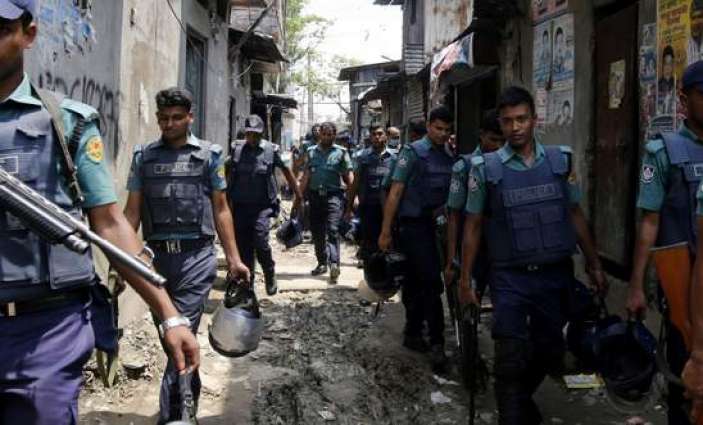A major human right watchdog on Monday issued a report alleging that the Bangladeshi law enforcement agencies have been involved in extrajudicial violence under the pretense of fighting a drug war
MOSCOW (Pakistan Point News / Sputnik - 04th November, 2019) A major human right watchdog on Monday issued a report alleging that the Bangladeshi law enforcement agencies have been involved in extrajudicial violence under the pretense of fighting a drug war.Amnesty International zeroed in on the actions of the Rapid Action Battalion, an elite police force, formed in 2004 to fight against terrorism and organized crime.
"The 'war on drugs' has led to the death of at least one person per day. Wherever there has been involvement of the Rapid Action Battalion it appears they have acted outside of the law, the victims were not arrested, let alone put on trial. Some were forcibly disappeared from their homes and their relatives only saw them next as bullet-riddled corpses in the morgue," Dinushika Dissanayake, the deputy South Asia director at Amnesty International, said in a statement.
In 2018, the number of similar deaths sky-rocketed, according to the watchdog.
"Human rights organizations have documented 466 such deaths reported in 2018 alone, more than three times as many as recorded in 2017," the report claims.
It also charges the police with arresting people and then demanding money for their release.
Amnesty International claimed that the country's authorities concealed the extrajudicial killings by making up reports of firefights and urged the government to conduct a proper investigation into the activities of the police and the RAB.
In May 2018, the Bangladeshi government started a massive anti-drug crackdown, conducting raids across the nation. One of its main targets is a drug called yaba, a mixture of caffeine and methamphetamine, widespread in South Asia. Despite claiming some successes, the campaign drew considerable criticism from various human rights organizations, comparing to a similarly brutal clampdown by President Rodrigo Duterte in the Philippines.




